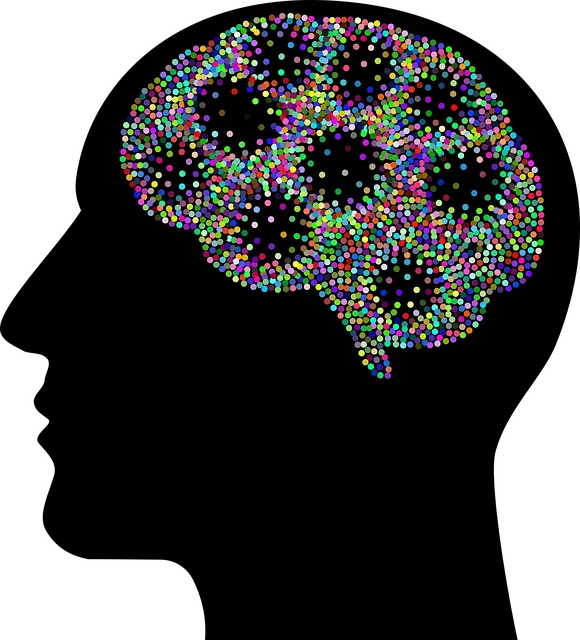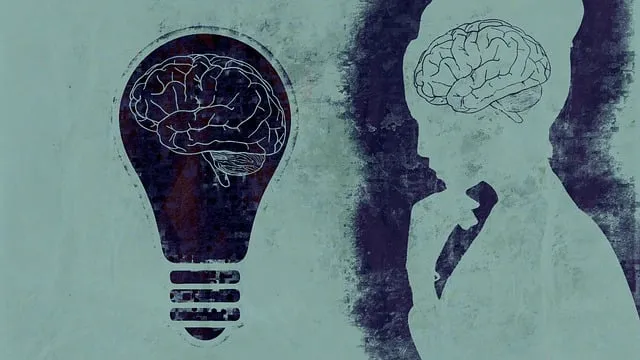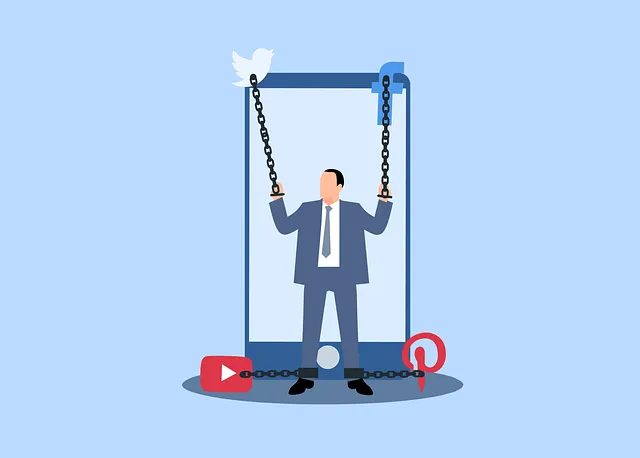Community outreach programs, like the Golden Kaiser Permanente mental health appointment hotline, bridge gaps in healthcare access for underserved populations by offering services tailored to local needs. These initiatives build trust and cultural competency through strategies like Compassion Cultivation, Conflict Resolution, and Self-Care Practices, addressing barriers such as language, culture, and socioeconomic status. Evaluating their impact—measured through call volumes, wait times, and patient satisfaction—shows that programs like the Golden Kaiser Permanente hotline increase mental health support-seeking behavior, demonstrating their crucial role in enhancing community well-being.
Community outreach programs play a pivotal role in bridging healthcare disparities and enhancing community well-being. This article explores the significance of such initiatives, focusing on mental health support. We delve into effective strategies for implementation, drawing from the success of Golden Kaiser Permanente’s approach. By examining their mental health appointment phone number as a case study, we uncover best practices for evaluating and maximizing the impact of community outreach, ensuring resources reach those who need them most.
- Understanding Community Outreach: Why It Matters and Who It Serves
- Implementing Effective Programs: Strategies and Best Practices
- Measuring Success: Evaluating the Impact of Community Outreach Initiatives with Golden Kaiser Permanente Mental Health Appointment Phone Number as a Case Study
Understanding Community Outreach: Why It Matters and Who It Serves

Community outreach programs play a pivotal role in connecting healthcare services to underserved populations. Understanding community needs is essential for tailoring these initiatives effectively. Outreach extends beyond merely providing information; it fosters trust and accessibility, addressing barriers that often prevent individuals from seeking mental health support. For instance, organizations like Kaiser Permanente have recognized the importance of such programs, offering phone lines like their Golden Mental Health Appointment hotline to ensure convenient access to care.
This approach is particularly significant in diverse communities where cultural nuances, language barriers, or socioeconomic challenges might deter people from utilizing available resources. By integrating practices such as Compassion Cultivation and Conflict Resolution Techniques, along with promoting Self-Care Practices, community outreach can empower individuals to take charge of their well-being while building resilient, connected communities.
Implementing Effective Programs: Strategies and Best Practices

Implementing effective community outreach programs requires a strategic approach and an understanding of the local needs. One key strategy involves partnering with local healthcare providers, such as Kaiser Permanente mental health professionals, to ensure accessibility and cultural competency. By integrating their expertise and resources, these partnerships can increase awareness and reduce barriers to care. For instance, hosting free workshops on topics like Self-Care Practices and Mindfulness Meditation can engage community members and promote well-being.
Cultural Competency Training for healthcare providers is essential in fostering inclusive services. This training equips them with the skills to communicate effectively across diverse cultural backgrounds, understand implicit biases, and adapt their practices accordingly. Such initiatives ensure that everyone feels welcomed and supported when seeking mental health services, ultimately enhancing community engagement and health outcomes.
Measuring Success: Evaluating the Impact of Community Outreach Initiatives with Golden Kaiser Permanente Mental Health Appointment Phone Number as a Case Study

Evaluating the impact of community outreach initiatives is paramount to understanding their effectiveness and identifying areas for improvement. Using the Golden Kaiser Permanente Mental Health Appointment Phone Number as a case study, we can assess how successful these programs are in enhancing mental wellness. This specific initiative aims to bridge the gap between communities and mental health services by providing a dedicated phone line for appointments, fostering easier access to care.
By analyzing call volumes, wait times, and patient satisfaction rates, we gain insights into the program’s reach and its impact on promoting Positive Thinking and Mental Health Awareness. The data reveals that increased engagement with the Golden Kaiser Permanente hotline has led to more individuals seeking mental health support, suggesting a growing awareness and willingness to discuss mental wellness issues. This case study underscores the importance of measuring success beyond mere numbers, delving into qualitative feedback to understand how these initiatives shape communities’ relationship with mental healthcare access.
Community outreach programs, as exemplified by initiatives like the Golden Kaiser Permanente mental health appointment phone number, play a pivotal role in bridging the gap between healthcare services and underserved communities. By implementing effective strategies outlined in this article, organizations can enhance accessibility, improve outcomes, and foster stronger, healthier communities. Measuring success through rigorous evaluation ensures these programs remain impactful and adaptable to evolving needs, ultimately revolutionizing community care.


